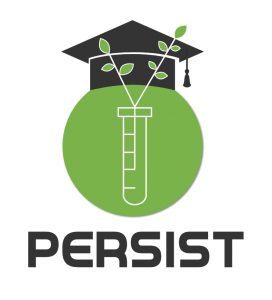
Project number: 2018-1-ES01-KA0203-050827
Implementation period: 01.11.2018 – 31.10.2020
Project description
The promotion of a more democratic European Union also requires the promotion of active European citizenship capable of participating in the design of public policies. One of the objectives of the project in the participatory evaluation of the origins of those beliefs and popular perceptions on scientific issues of great importance at the EU level.
This consultation and student participation mechanisms allow the EU student opinions to be taken into account when designing public health or environmental campaigns or programs.
The objective of the project is to develop a tool to assess the initial knowledge of European students when configuring their beliefs and perceptions on different scientific topics and also the changes undergo by them during their participation in the project activities. In order to know the origin of the ideas and values of the students around topics of great relevance and social impacts such as climate change, the consumption of transgenic foods or alternative therapies, there will be undertaken five student consultations in five countries of the EU, with 100 students, in each. The 500 students will be representatives of their respective universities and will participate, voluntarily, offering their point of view to generate knowledge about beliefs and perceptions of great value for the future construction of the EU.
The project will develop the following outputs:
- Online platform for assessment of science literacy after training
- Standard indicators for science social appropration. Lessons learned.
Project website: https://persist.erasmus.site/
Partners
UNIVERSITAT DE VALENCIA – Spain
INSTALOFI LEVANTE SL – Spain
OBSERVA – Italy
Danmar Computers LLC – Poland
TRNAVSKA UNIVERZITA V TRNAVE – Slovakia
KARLSRUHER INSTITUT FUER TECHNOLOGIE – Germany
INSTITUTO DE CIENCIAS SOCIAIS – Portugal

